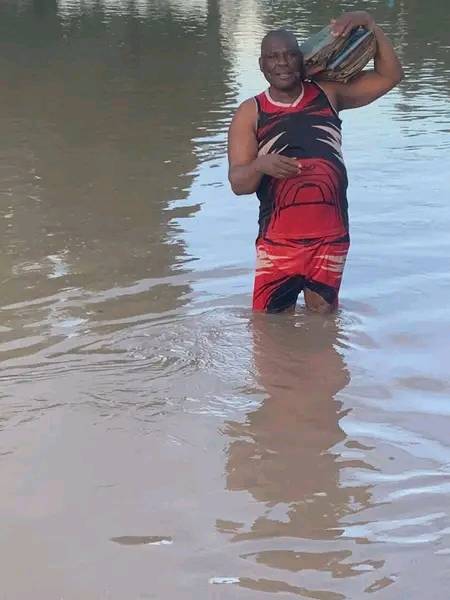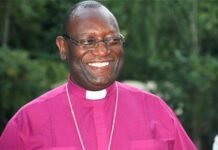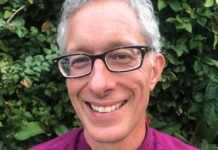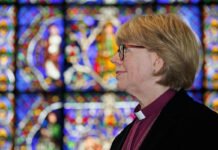
Widespread flooding struck the city on 9 September and worsened in the following days. This is the former hub of Boko Haram—the northeast Nigeria Islamist extremist group known for attacking civilians and kidnapping children. The affected communities were trying to rebuild their lives after earlier being uprooted by extremists’ violence or climate change, according to agencies.
The flood crisis started after excess rainfall led to the collapse of the spillways of Alau Dam, a water reservoir about 20 kilometres from the city. It then unleashed a significant gush of water that tore into community areas downstream.
According to church officials, the floods have left nearly 40 percent of the Maiduguri submerged and over 400,000 people displaced. An estimated one million in the city are affected.
“I am a victim. The bishop is inside the water,” said Bishop Rev. Dr Emmanuel Morris, the Anglican bishop of Maiduguri Diocese. “I narrowly escaped with my entire family…but there are many families that are trapped and stranded.”
He said the floods had left many people homeless, as it submerged the city’s main market, which at any point in time, one could see over 10,000 people within it.
“That market is completely flooded. The general hospital, which accommodated many patients, is also flooded,” said the bishop, as he urged the state government to create outlets, as a temporary measure to allow the flood water to escape, and reduce the volumes in houses and on roads.
On 15 September, the Nigerian Baptist Convention took a special collection to aid people affected by the floods. While calling for the collection two days earlier, Rev. Dr Israel Adelani Akanji, the president of the convention said the disaster had affected most of the city and rendered many people homeless.
“Our Baptist people and church have also been badly affected and there is need for quick intervention, as we pray for further government interventions,” the leaders said in a statement. “We are told the immediate need is cash so that people can purchase foodstuffs and meet basic needs.”
Akanji said the flooding had badly affected 149 Baptists and damaged all church buildings, properties of worship, pastors’ residences, and school buildings.
Church officials say the disaster is a reminder of the increasing climate change threats in regions. Climate change has been widely felt in northern Nigeria, particularly in Maiduguri, where rainfall patterns have become more erratic and the river basin dynamics more complex.
Across Nigeria, floods have hit 30 of the country’s 36 states, with Borno State being the most affected in terms of population. Amidst record rises in food and fuel prices, the floods have damaged tens of thousands of hectares of farmland ahead of the harvest season.
The damage to crops risks worsening food insecurity in the ongoing season and coming months, warned the United Nations Office for the Coordination of Humanitarian Affairs. According to reports in March, 32 million people in Nigeria were facing food insecurity.



[…] Source link […]